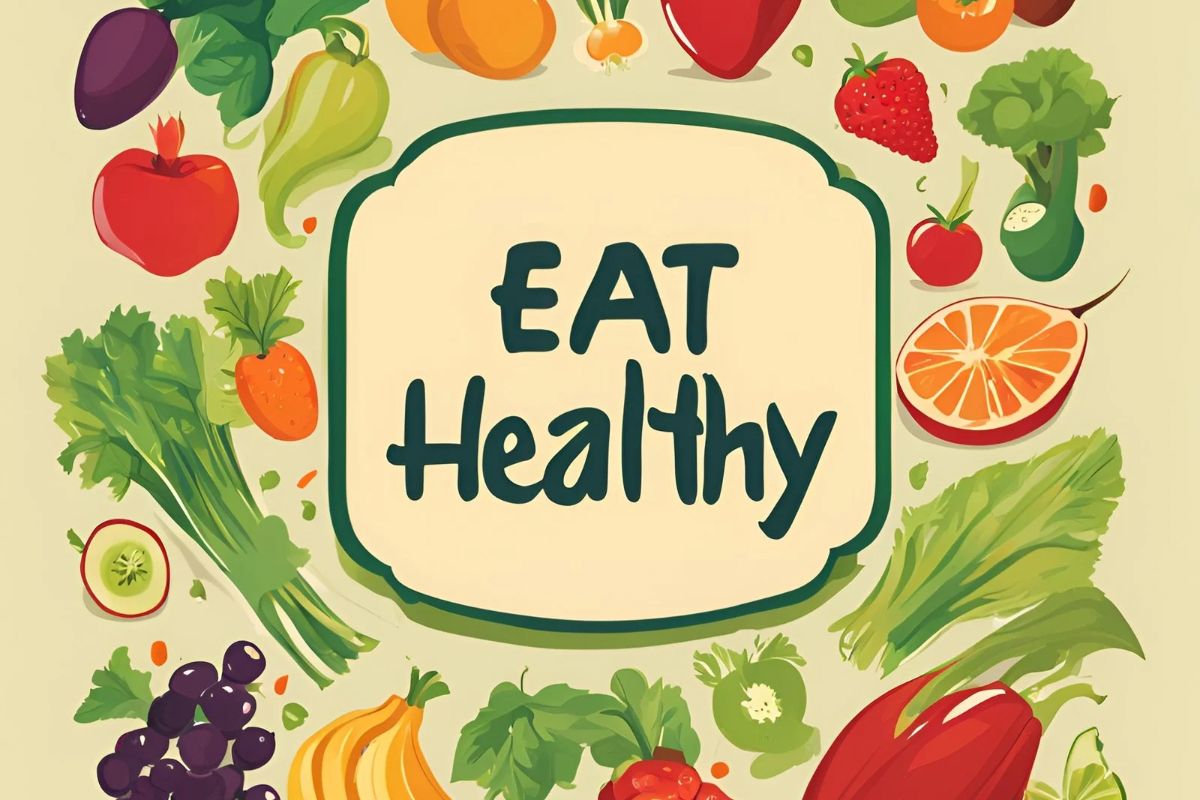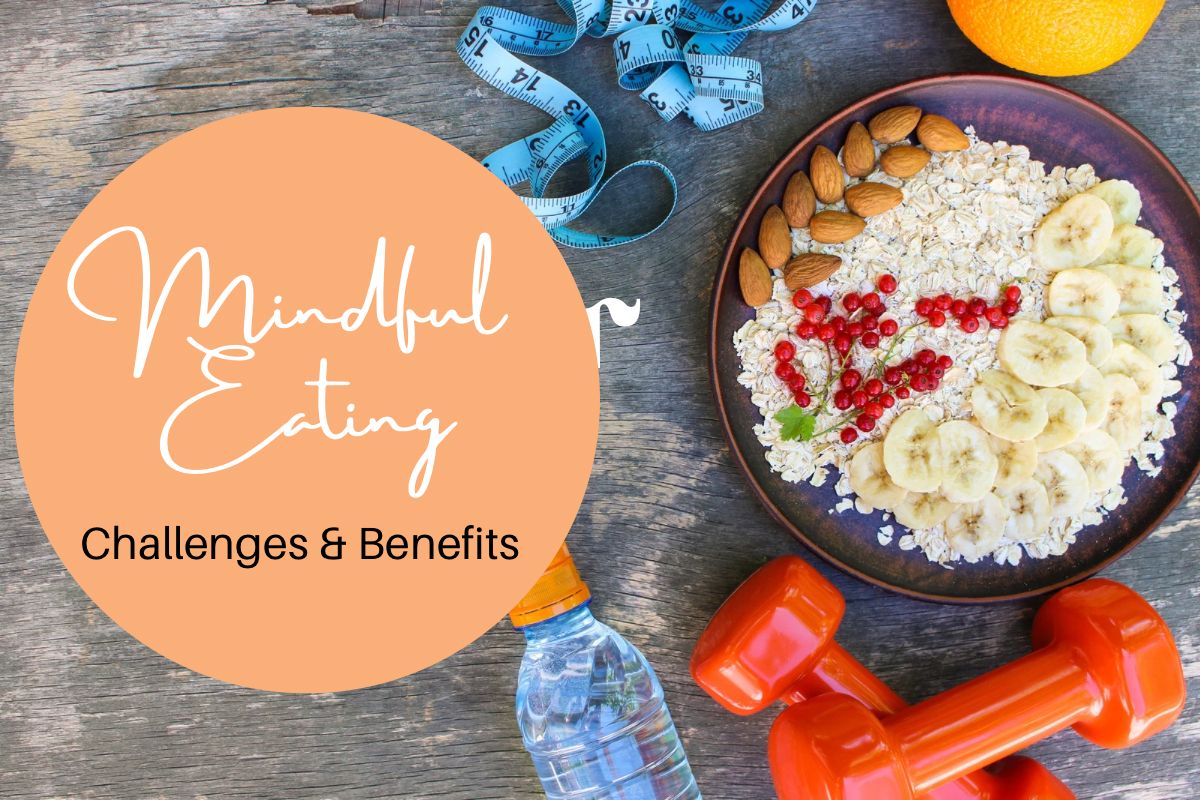Practical healthy eating habits are essential for a fit body, read to discover which carbohydrates, foods, and eating practices are the best choices for you.
Healthy eating doesn’t have to be complicated. These 8 practical tips will guide you through the basics of making healthier choices, helping you achieve a balanced diet and overall well-being. Does balancing calories help in adopting a healthy lifestyle?
Yes, balancing calories helps in adopting a healthy lifestyle. The key to a healthy diet is balancing the calories you consume with the calories you burn through physical activity. If you eat more than your body needs, the excess energy is stored as fat, leading to weight gain. Conversely, eating too little will result in weight loss.
Men should consume around 2,500 calories a day, while women should aim for around 2,000 calories. Lets delve into 8 practical tips for healthy eating which are easy to follow in our hectic lives.
1. Base Your Meals on High-Fiber Carbohydrates
Starchy carbohydrates should make up just over a third of your diet. Opt for high-fiber or whole grain versions like wholewheat pasta, brown rice, or potatoes with their skins on. These options are more filling and provide essential nutrients.
-Tip: Include at least one starchy food in each main meal. Watch out for added fats like butter, oil, and creamy sauces, which can increase calorie content.
2. Eat Plenty of Fruits and Vegetables
Aim to eat at least 5 portions of a variety of fruits and vegetables each day. This helps ensure you get a range of nutrients essential for your health.
-Tip: Add a banana to your cereal or swap a mid-morning snack for a piece of fresh fruit.3. Increase Your Fish Intake
Fish is an excellent source of protein and essential vitamins. Try to eat at least two portions of fish weekly, including one portion of oily fish like salmon or mackerel, which are rich in omega-3 fatty acids.
– Oily Fish Examples: Salmon, trout, herring, sardines, pilchards, mackerel.
– Non-Oily Fish Examples: Haddock, plaice, coley, cod, tuna, skate, hake.
4. Cut Down on Saturated Fat and Sugar
While fats are essential, it’s important to focus on the type and amount you consume. Saturated fats, found in fatty meats, butter, and cheese, can raise cholesterol levels and increase heart disease risk.
-Tip: Opt for unsaturated fats from sources like vegetable oils, avocados, and oily fish. Also, limit your sugar intake by avoiding sugary drinks and snacks.
5. Reduce Your Salt Intake
Too much salt can raise blood pressure and increase the risk of heart disease and stroke. Most of the salt we consume is already present in packaged foods.
-Tip: Use food labels to monitor your salt intake, aiming for no more than 6g a day for adults.6. Stay Active and Maintain a Healthy Weight
Combining a healthy diet with regular physical activity can help reduce the risk of serious health conditions and support overall well-being.
-Tip: Use the BMI calculator to check if you are at a healthy weight. Incorporate exercise into your daily routine to help manage weight effectively.
7. Stay Hydrated
Drinking enough fluids is crucial to prevent dehydration. Aim for 6 to 8 glasses of water a day, and more if you are active or in hot weather.
-Tip: Opt for water, lower-fat milk, or sugar-free drinks. Limit fruit juices and smoothies to 150ml a day due to their high sugar content.
8. Don’t Skip Breakfast
A healthy breakfast can kickstart your day and help you maintain a balanced diet. Choose options that are high in fiber and low in fat, sugar, and salt.
-Tip: Try a wholegrain cereal with semi-skimmed milk and fresh fruit slices for a nutritious start to your day.
Final Verdict
By incorporating these practical tips into your daily routine, you can make healthier choices that support your overall health and well-being. Remember, small changes can make a big difference!
















